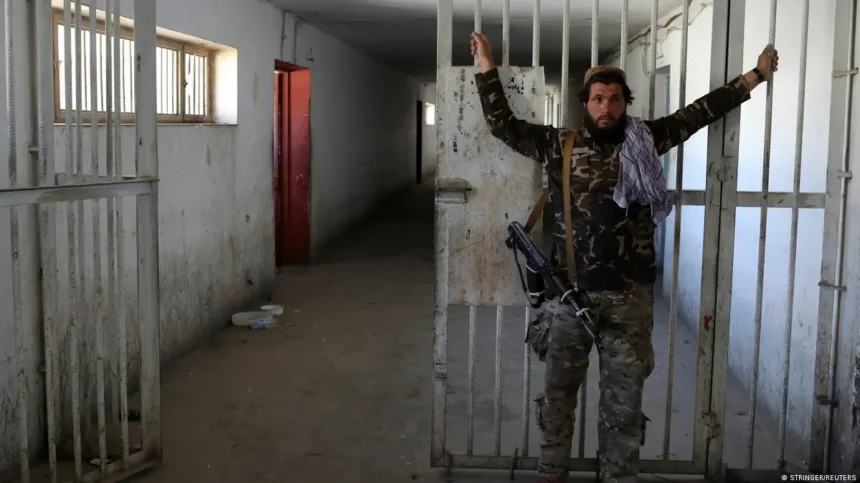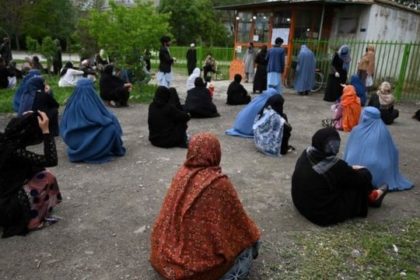RASC News Agency: Reports from the Taliban prosecutor’s office in Herat Province indicate that certain prisoners are slated for release in exchange for monetary compensation as part of Ramadan observance. A reliable source in Herat Province, speaking on the condition of anonymity to a RASC news agency reporter on Tuesday, Feb 20, disclosed that the Taliban prosecutor’s office has compiled a list of individuals eligible for release upon payment of substantial sums.
The source added that the Taliban prosecutor’s office in Herat Province has listed prisoners, encompassing both women and men. Furthermore, another source in Herat Province informed RASC that the Taliban have more individuals on their list who can facilitate the release of prisoners sympathetic to the Taliban’s cause. He notes that the majority of those released from Taliban prisons are identified as Pashtuns.
Additionally, he mentions that many prisoners in the central prison of Herat Province, belonging to other ethnic groups of Afghanistan, have not received release orders from the Taliban court. The informant emphasizes that if individuals from other ethnic groups are included in the Taliban’s release list, substantial amounts will likely be required for their liberation. The source specifies that the release of certain prominent prisoners, holding significant social status, necessitates payment ranging from 100,000 kabuli rupees to over a million or more to secure their release from Taliban custody.
Meanwhile, Rustam Bashiri, an informed individual on western Afghanistan affairs, verifies extensive corruption in the Taliban’s prisoner release process. Moreover, in addition to corruption in the prisoner release list, significant discrimination by the Taliban has frustrated many inmates in the central prison of Herat Province. He asserts that the Taliban primarily seek individuals who can be instrumental for future cooperation with the group.
Efforts to solicit comments from Taliban officials in Herat Province have proven unsuccessful. It is worth noting that delving into discussions about prisons in the western provinces of Afghanistan unveils numerous other pertinent subjects.






